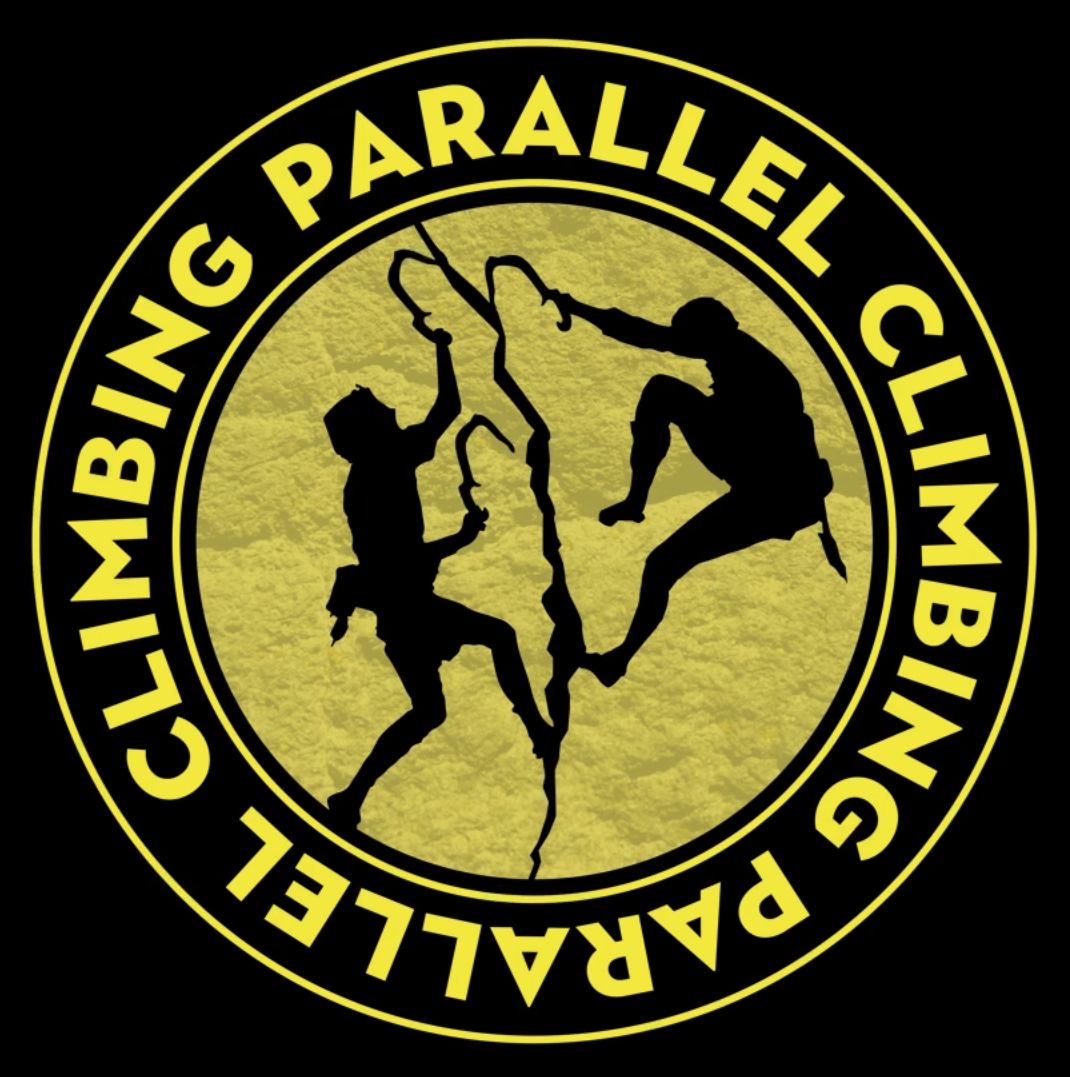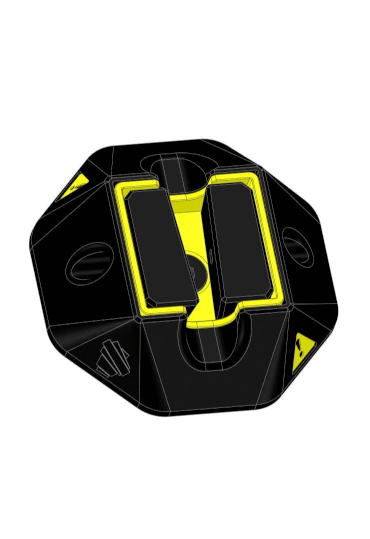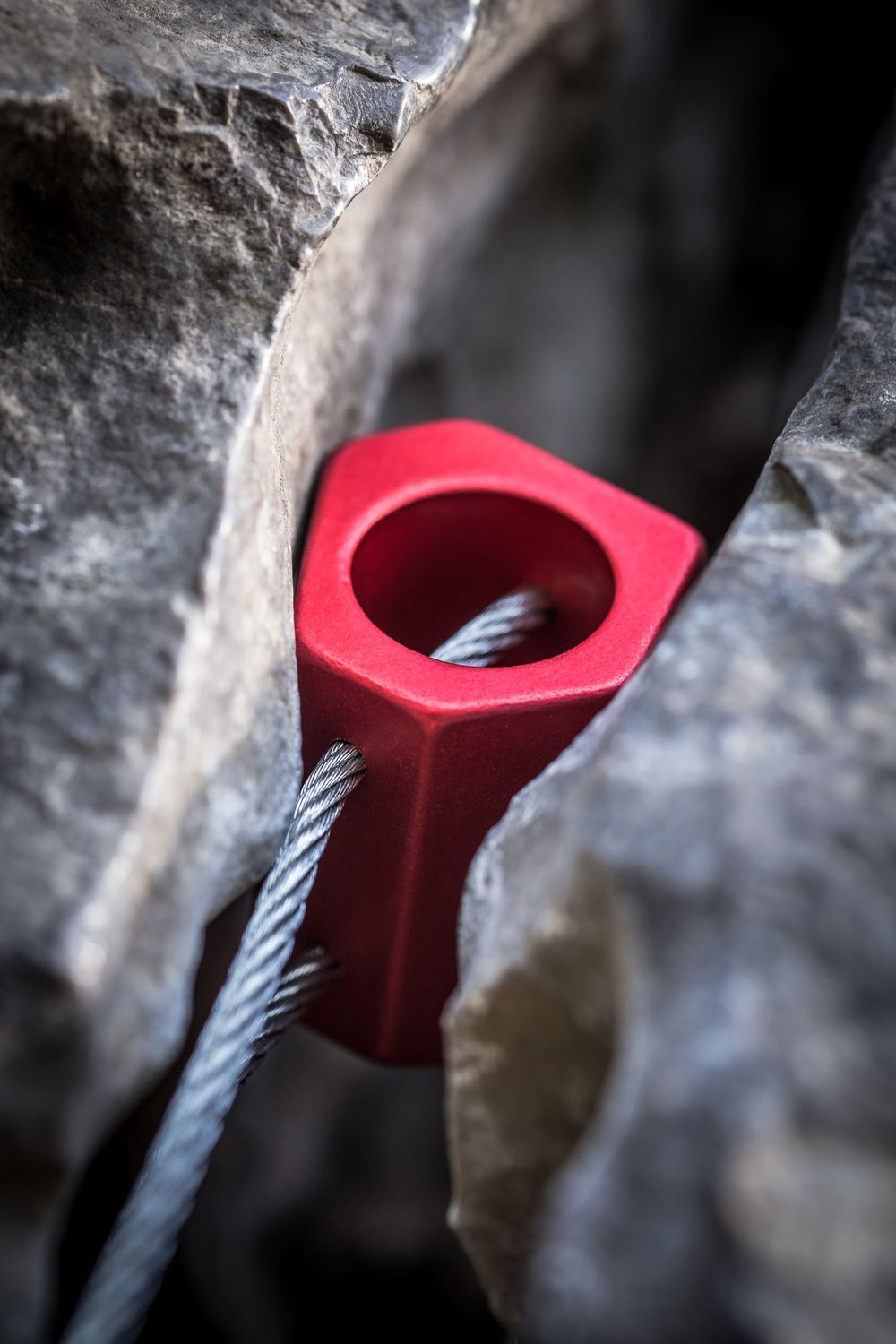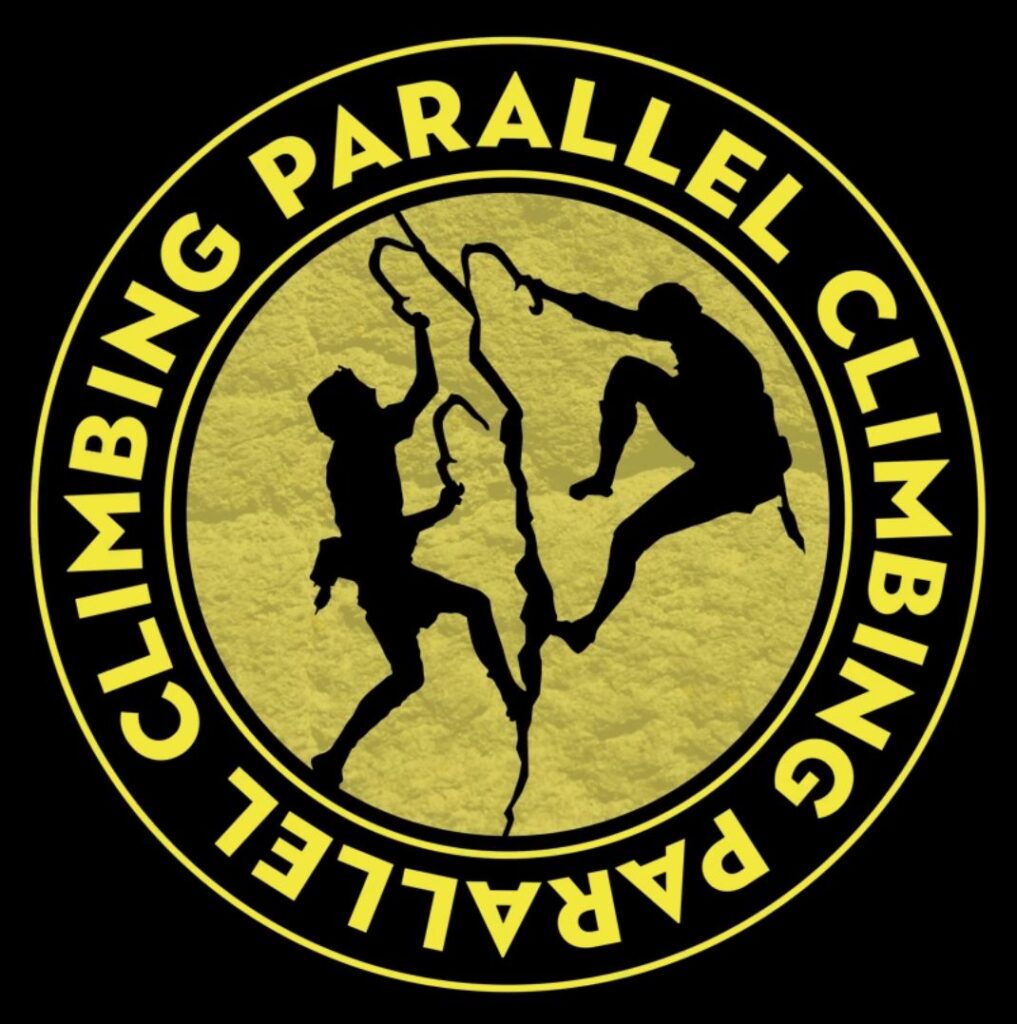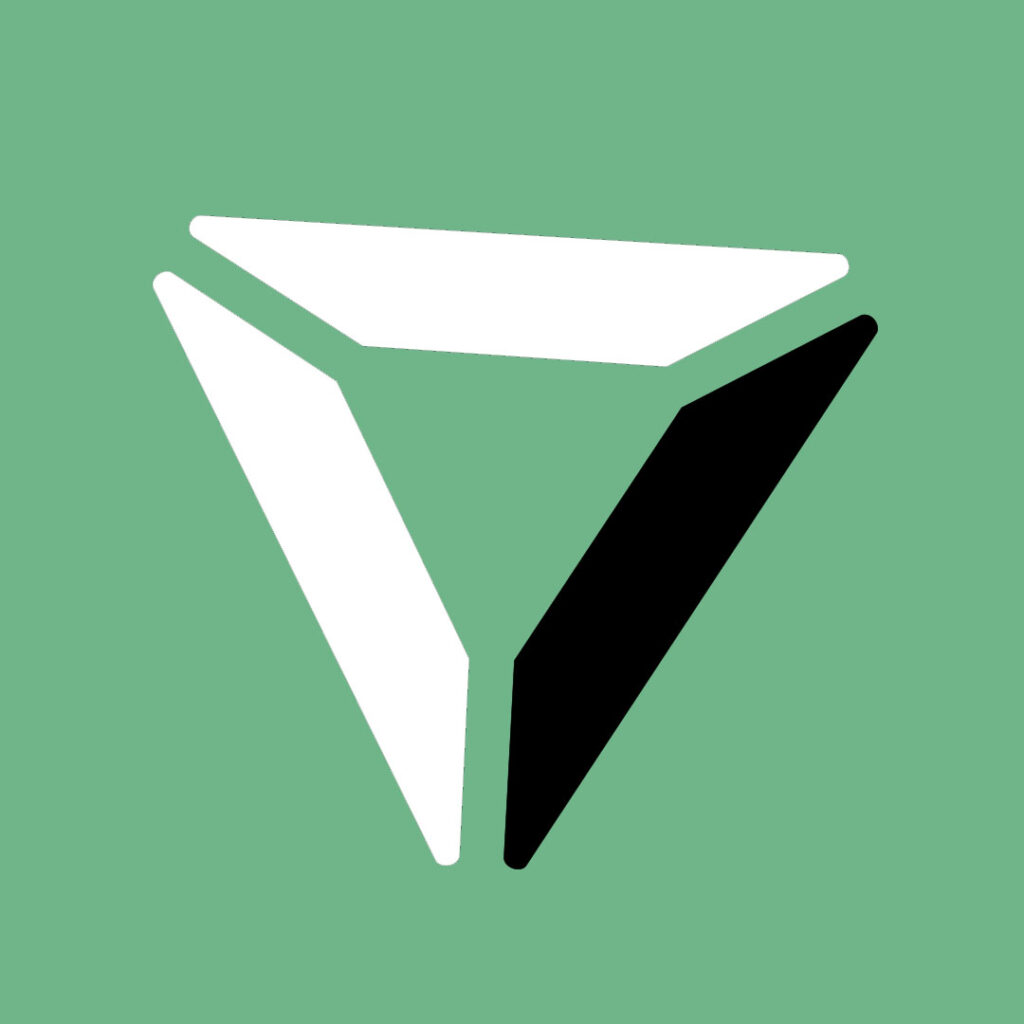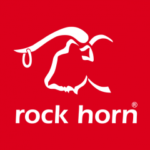PRODUCTS
Our revolutionary new product „WEDGE II“ from the Rainbow SAFE series is the first one in the field of training self-belaying during climbing and preparing climbers for safe movement in mountains and rocky areas.
Read more
WEDGE II is a training aid and at the same time self-belay for safe training of climbers in preparation for rocky areas where any possible mistakes are no longer tolerated. It is a mechanical crack adjustable for different sizes into which separate belaying devices are inserted, similarly as on a natural rock. These devices protect you from injury and create safe rests for you during your movement. By masterful handling and becoming skilled in securing your belay devices into WEDGE II your confidence for safe climbing increases and so does your sports performance.
USE
All climbing belay devices are used to secure the climber during ascent and descent on the rocks and to protect their health against possible fall, injury, or death.
Why you should have WEDGE II on your climbing wall? Because for the climbers this tool brings:
Independence and decisiveness
Safe training and sports experience
Freedom
and adventure
Try training with Wedge II It is suitable for all climbers,
- those who intend to train in nature and want to be confident in themselves.
- those who are starting with (traditional) climbing and want to train with this belay device independently without any previous experience or training. (In that case, they must always be secured by a top rope or a self-retractable lifeline.)
- those who are professional climbing trainers, or certified mountain guides, and want to use WEDGE II to train their wards.
- those who want to experience the similar feelings of joy and beauty a climber in the mountains has whilst climbing on an artificial wall. They do not have to click the rope into the pre-prepared permanent express blocks, but they can secure themselves independently with WEDGE II WARNING: This can only be done after proper (legislative-safety) training by an instructor, supervisor, or an authorized trainer designated for this purpose!
„Practice makes perfect.“
WHAT IS TRADITIONAL GEAR
Traditional gear is the term for „safe securing“ of a climber based on the original/traditional securing, whether it is used on training rocks, rocky big walls, middle-sized mountains or even the world’s high mountains.
Read more
It is a form of belaying that mainly uses natural structures and nature itself to achieve maximum safety of a person. These are various rocky protrusions, fissures, cracks, spikes, holes, and blocks, as well as various dwarf pines, snow, and glacial formations. The opposite of this (traditional) gear are different types of steel rods, rivets, glued bolts, and circles permanently embedded in concrete on the rocks (and these days also often in the high mountains). However, the essence of traditional gear still remains its repeatable usability, variability and its final removal from nature after reaching the summit. Various types of very sophisticated special aids are used for belaying: various types of interlocks, friends, abalacs, hexenters, stopers, staples and UFs, but also much simpler aids such as knots, ropes, loops, wooden wedges and others… Climbers choose and prepare these belay devices themselves ahead of each ascent according to the difficulty of the ascent, the material of the rock, the information available to them and personal their experience.
It is a full-fledged belay on which the life of a person depends and which is used mainly as a climbing belay and as a belay at the rest (the so-called stand). The amount of material used is always adjusted to the maximum safety of the athlete.
Where you can use our wedge
ABOUT US

Radovan Markes
TECHNICAL DIRECTOR
PARTNERS
Blog
In the blog you will find news about WEDGE II, news about the climbing walls, training and entertainment, you can see where are we working right now and what are our news.
>> BLOG IS IN PROGRESS <<

